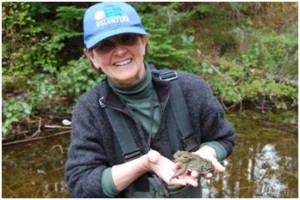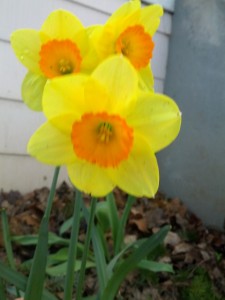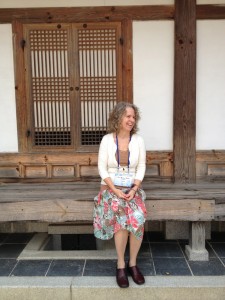“How do I know what I think
until I see what I say?”
Joan Didion
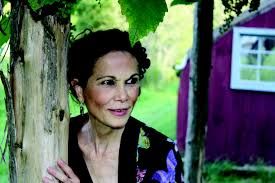 Julia Alvarez spoke at the Arlene Schnitzer Concert Hall in downtown Portland, the final event of the 2014 Arts & Lecture series–and I left inspired.
Julia Alvarez spoke at the Arlene Schnitzer Concert Hall in downtown Portland, the final event of the 2014 Arts & Lecture series–and I left inspired.
She spoke of story and of possibility. She spoke of how books change lives and the best writing surprises the writer. She believe to live as a poet is a political act. It means stepping out. It means making choices that often won’t fit nicely onto a resume. It means writing about what matters and revealing what won’t stay hidden any longer.
She told about her arrival in 1960 to New York City and showed a photo of her sixth-grade self. Her family fled the Dominican Republic after her father’s involvement in an attempt to assassinate Trujillo–the cruel dictator who reigned for more than thirty years over that island country bordering Haiti.
She wasn’t a reader back then, but she had grown up surrounded by story. In New York, she had a teacher who encouraged her to write down stories of the family she dearly missed.
“Then you won’t be lonely,” her teacher said.
Julia also met the library–and began to read books.
Once she began to study writing, years later as a graduate student, Julia Alvarez would realize she already knew about plot, character development, setting and climax because her family had taught her the art from at an early age through the oral tradition.
“People say it takes a village to raise a child. Well, my family was a small village,” she said, beaming a black and white photo onto the back-wall of the stage, a huge gathering of people. Her father was the youngest of 25! His father’s first wife died–not of childbirth–after bearing ten children. His second wife bore fifteen.
I kept leaning forward, closing my eyes, taking in her words Continue reading “Julia Alvarez & Sarah Kinsel: “Being a Poet is a Political Act””
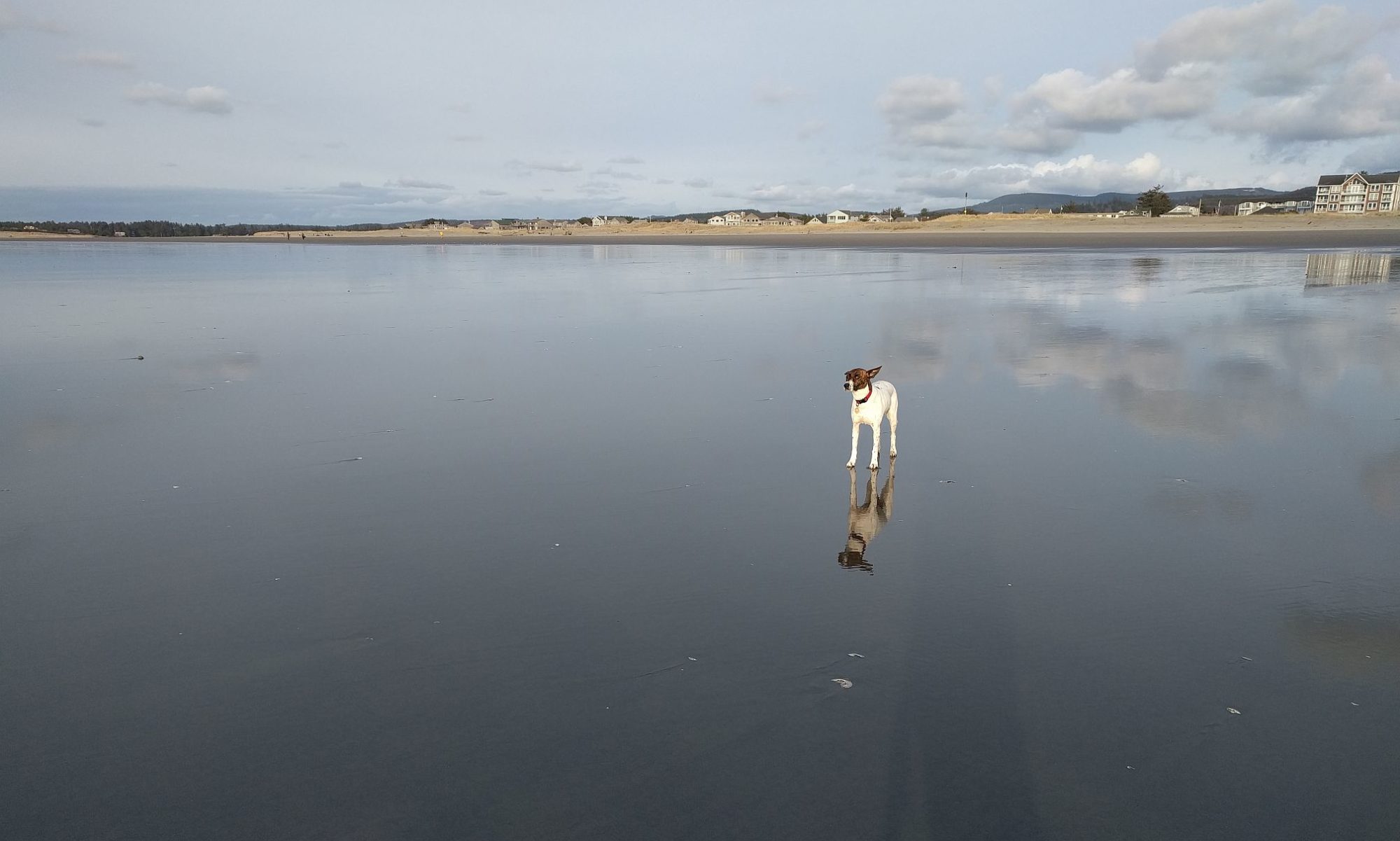

 Let us be united
Let us be united